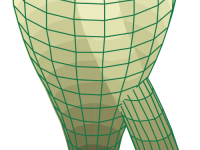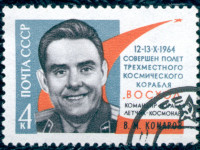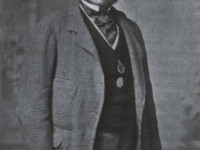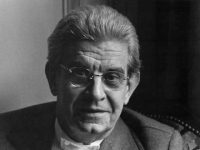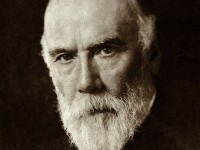Felix Klein and the Klein-Bottle
On April 25, 1849, German mathematician and mathematics educator Felix Klein was born. Klein is known for his work in group theory, complex analysis, non-Euclidean geometry, and on the connections between geometry and group theory. His 1872 Erlangen Program, classifying geometries by their underlying symmetry groups, was a hugely influential synthesis of much of the mathematics of the day. Klein also devised the Klein-bottle, a one-sided surface which, if traveled upon, could…
Read more

